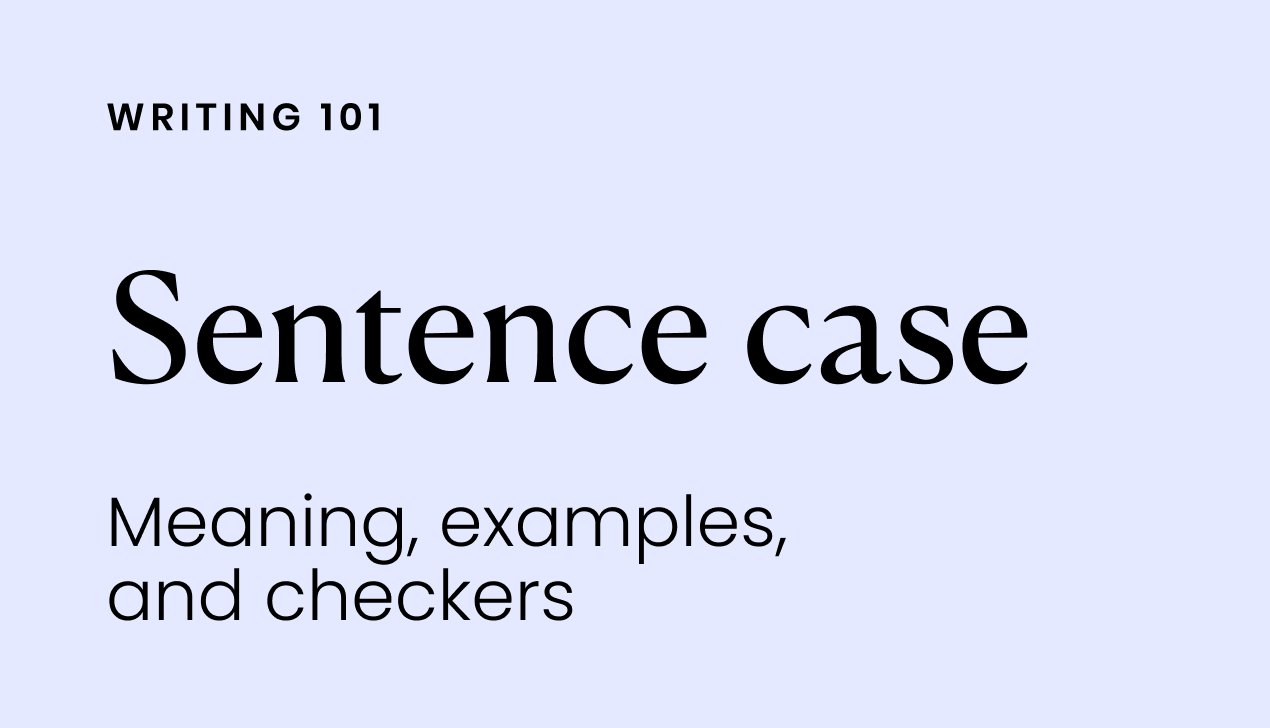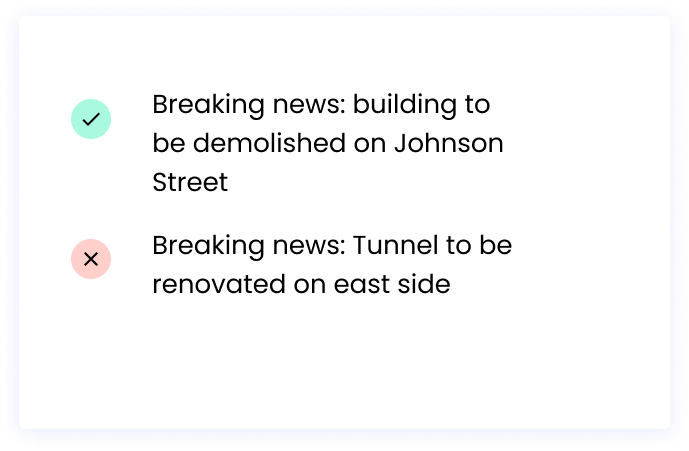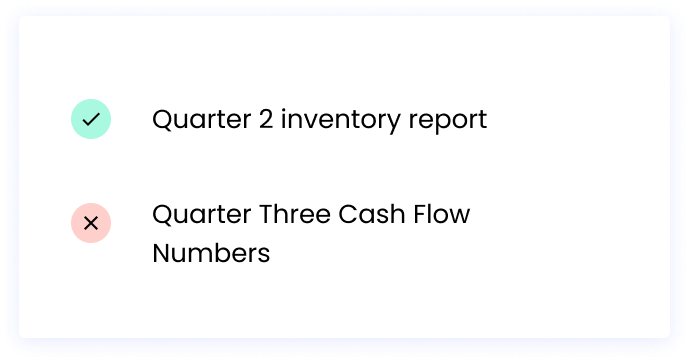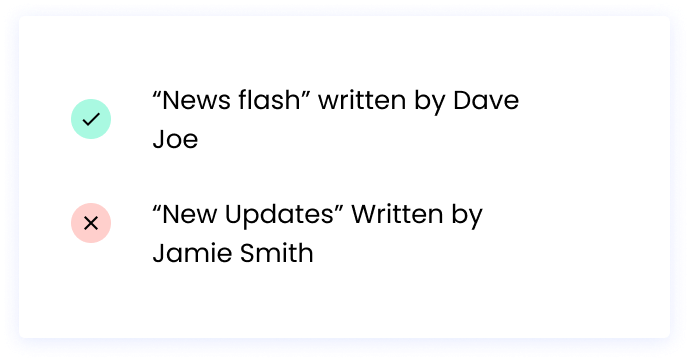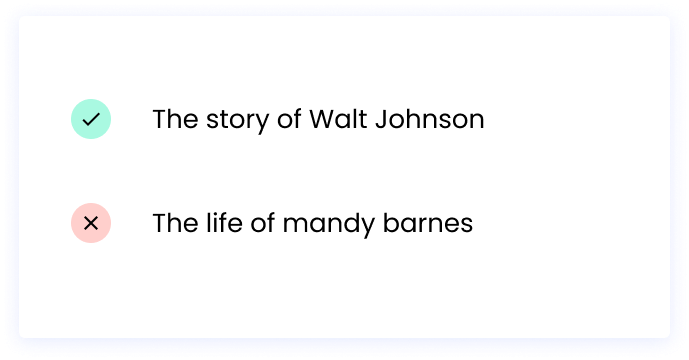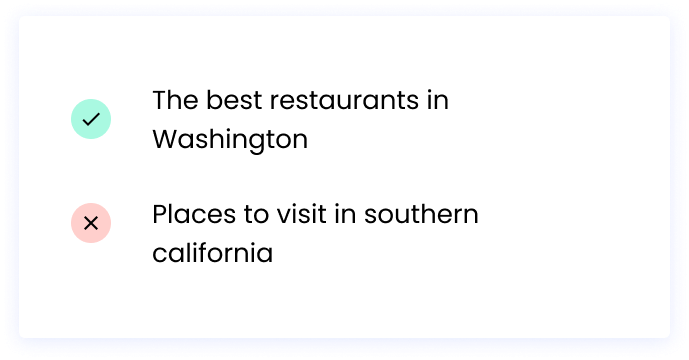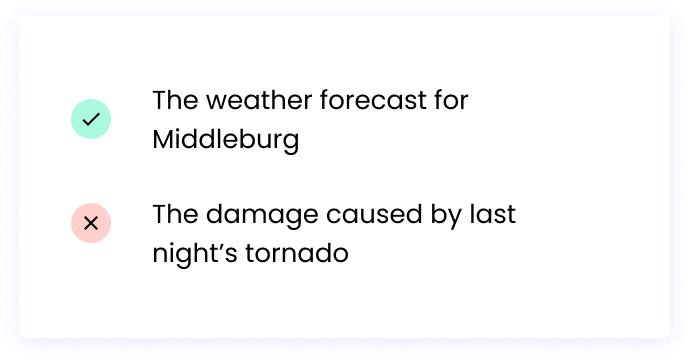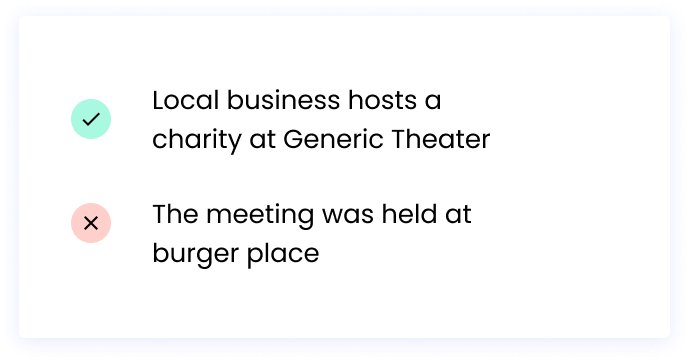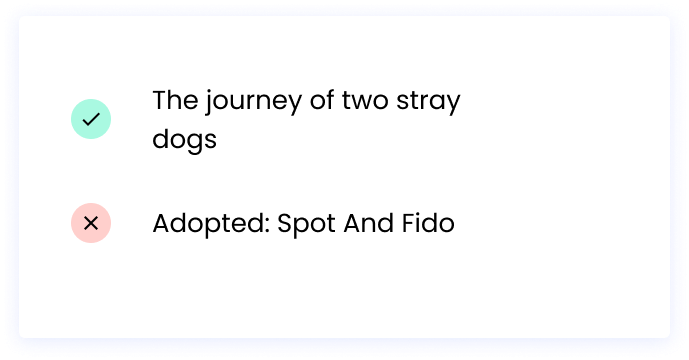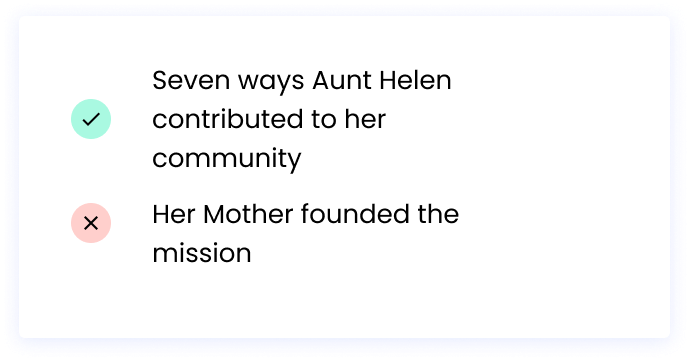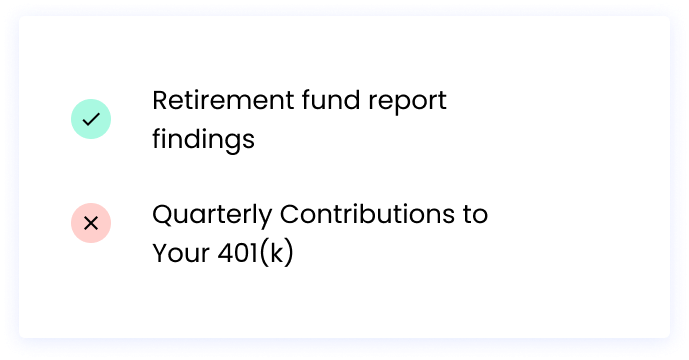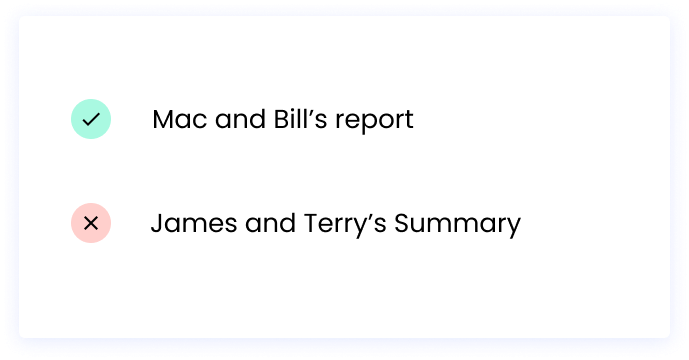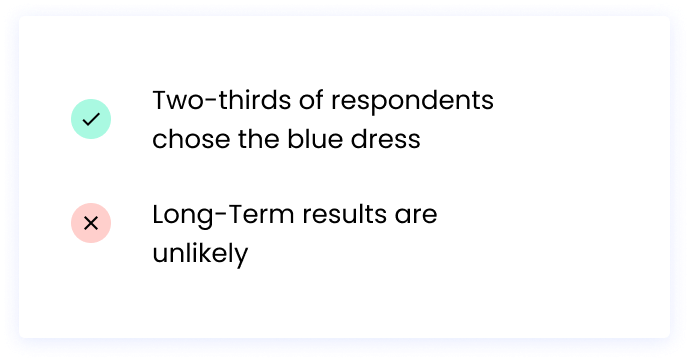Sentence case что это
sentence case
Смотреть что такое «sentence case» в других словарях:
Sentence case — in a general sense describes the way that capitalization is used within a sentence. Sentence case also describes the standard capitalization of an English sentence, i.e. the first letter of the sentence is capitalized, with the rest being lower… … Wikipedia
sentence case — noun a) the manner in which capitalisation is used within a sentence. b) the standard capitalisation of an English sentence, with the first letter uppercase and subsequent letter lowercase with exceptions such as proper nouns or acronyms. See… … Wiktionary
Case — may refer to:Academia* Case analysis, division of a problem into separate cases * Case study, examination of a single instance or event * Center for Social and Economic ResearchBusiness* Business case, captures the reasoning for initiating a… … Wikipedia
case — case1 W1S1 [keıs] n ▬▬▬▬▬▬▬ 1¦(example)¦ 2¦(situation)¦ 3 (just) in case 4 in any case 5 in that case 6¦(reason/argument)¦ 7¦(law/crime)¦ 8¦(box/container)¦ 9 it s a case of something 10¦(disease)¦ … Dictionary of contemporary English
case — 1 /keIs/ noun 1 EXAMPLE (C) an example of a particular situation, problem etc: In some cases, it is necessary to operate. (+ of): an extreme case of anorexia | case in point (=a clear example of a situation, problem etc that you are discussing or … Longman dictionary of contemporary English
sentence — sen·tence 1 / sent əns, ənz/ n [Old French, opinion, judicial sentence, from Latin sententia, ultimately from sentire to feel, think, express an opinion] 1: a judgment formally pronouncing the punishment to be inflicted on one convicted of a… … Law dictionary
Case in tiers — is a model for assigning surface case to noun phrases (NPs) in a sentence. Introduced in Yip, Maling, and Jackendoff 1987, it has received at least 88 scholarly citations according to Google Scholar. The model takes its inspiration from the… … Wikipedia
Case grammar — is a system of linguistic analysis, focusing on the link between the valence of a verb and the grammatical context it requires, created by the American linguist Charles J. Fillmore in (1968), in the context of Transformational Grammar. This… … Wikipedia
sentence — vb Sentence, condemn, damn, doom, proscribe can all mean to decree the fate or punishment of a person or sometimes a thing that has been adjudged guilty, unworthy, or unfit. Sentence is used in reference to the determination and pronouncement of… … New Dictionary of Synonyms
case — 1. There are two distinct nouns: a) The one meaning ‘an example of an occurrence’: In this case they are wrong. From this use there have developed several idiomatic phrases (in case, in any case, in some cases, in the case of) as well as several… … Modern English usage
case — Ⅰ. case [1] ► NOUN 1) an instance of a particular situation or set of circumstances. 2) an instance of a disease, injury, or problem. 3) an incident under official investigation by the police. 4) a legal action that is to be or has been decided… … English terms dictionary
sentence case
1 режим набора каждого предложения с большой буквы
2 CASE Data Interchange Format
3 CASE-системы высокого уровня
4 CASE-технология
5 Case Data Interchange Format
6 Case Western Reserve Journal of International Law
7 Case Western Reserve Law Review
8 Case and Comment
9 In Case
10 One Bundle Sliding Shelf Case
11 инструменты CASE
12 интегрированные системы CASE-разработки со средствами построения концептуальных моделей
13 метка case команды switch
14 метод обучения на основе case study
15 мощные CASE-системы
16 набор значений оператора CASE
17 формат обмена данными CASE-систем
18 формат обмена данными для CASE-систем
19 переподготовка методом case studies
20 case
См. также в других словарях:
Sentence case — in a general sense describes the way that capitalization is used within a sentence. Sentence case also describes the standard capitalization of an English sentence, i.e. the first letter of the sentence is capitalized, with the rest being lower… … Wikipedia
sentence case — noun a) the manner in which capitalisation is used within a sentence. b) the standard capitalisation of an English sentence, with the first letter uppercase and subsequent letter lowercase with exceptions such as proper nouns or acronyms. See… … Wiktionary
Case — may refer to:Academia* Case analysis, division of a problem into separate cases * Case study, examination of a single instance or event * Center for Social and Economic ResearchBusiness* Business case, captures the reasoning for initiating a… … Wikipedia
case — case1 W1S1 [keıs] n ▬▬▬▬▬▬▬ 1¦(example)¦ 2¦(situation)¦ 3 (just) in case 4 in any case 5 in that case 6¦(reason/argument)¦ 7¦(law/crime)¦ 8¦(box/container)¦ 9 it s a case of something 10¦(disease)¦ … Dictionary of contemporary English
case — 1 /keIs/ noun 1 EXAMPLE (C) an example of a particular situation, problem etc: In some cases, it is necessary to operate. (+ of): an extreme case of anorexia | case in point (=a clear example of a situation, problem etc that you are discussing or … Longman dictionary of contemporary English
sentence — sen·tence 1 / sent əns, ənz/ n [Old French, opinion, judicial sentence, from Latin sententia, ultimately from sentire to feel, think, express an opinion] 1: a judgment formally pronouncing the punishment to be inflicted on one convicted of a… … Law dictionary
Case in tiers — is a model for assigning surface case to noun phrases (NPs) in a sentence. Introduced in Yip, Maling, and Jackendoff 1987, it has received at least 88 scholarly citations according to Google Scholar. The model takes its inspiration from the… … Wikipedia
Case grammar — is a system of linguistic analysis, focusing on the link between the valence of a verb and the grammatical context it requires, created by the American linguist Charles J. Fillmore in (1968), in the context of Transformational Grammar. This… … Wikipedia
sentence — vb Sentence, condemn, damn, doom, proscribe can all mean to decree the fate or punishment of a person or sometimes a thing that has been adjudged guilty, unworthy, or unfit. Sentence is used in reference to the determination and pronouncement of… … New Dictionary of Synonyms
case — 1. There are two distinct nouns: a) The one meaning ‘an example of an occurrence’: In this case they are wrong. From this use there have developed several idiomatic phrases (in case, in any case, in some cases, in the case of) as well as several… … Modern English usage
case — Ⅰ. case [1] ► NOUN 1) an instance of a particular situation or set of circumstances. 2) an instance of a disease, injury, or problem. 3) an incident under official investigation by the police. 4) a legal action that is to be or has been decided… … English terms dictionary
Sentence case: meaning, examples, and checkers
With every title and subheading comes the need to figure out how it should be capitalized.
Depending on your styleguidelines, the answer will likely be either title case or, more likely, sentence case. Sentence case is one of the most common capitalization styles out there. You’ll likely run into making the decision when writing a paper, essay, or blog post that includes a heading and subheading.
But what’s the difference between sentence case and title case, and does it matter which style you use?
In this post, we’ll answer all of these questions and give you examples of how to correctly use sentence case in your writing. We’ll also share our favorite free tools for automatically checking and converting your text into sentence case.
What is sentence case?
You’ve likely seen sentence case used in newspaper headlines and subheadlines this isn’t the only place you’ll find it. Sentence case can be part of a report, webpage, article, or another piece of work. Keep in mind that in addition to titles, sentence case rules can apply to subtitles, headings, and subheadings.
When you use sentence case, you capitalize just the first letter of the first word in the title. The rest of the words and letters in the title should not be capitalized, unless they’re proper nouns. True to its name, you’re essentially writing a sentence case title the same way you would a regular sentence.
However, some special circumstances will require capitalization in different parts of the sentence. For instance, like we mentioned, a proper noun would need to be uppercase no matter where it falls in the header.
What’s the difference between sentence case and title case?
Different writing styleguides and different situations call for either sentence or title case. But what’s the difference?
With sentence case, as mentioned above, you’ll need to capitalize the first letter of the first word in the title. The rest of the words aren’t capitalized, except for proper nouns.
However, title case is nearly the opposite. The first letter of each word in the title should be capitalized with title case. Like sentence case, this rule does have exceptions. Prepositions, articles, and other small words should be lowercase —his means words like “a,” “but,” “and,” or “of.” But in general, most of the words in title case will be capitalized.
Examples of sentence case style
Sentence case is easy to get the hang of with a little bit of practice. To get started, here are some examples you can reference.
Why: The first word after a colon should not be capitalized. Proper nouns still need to be capitalized in sentence case.
Why: Titles of reports do not need to be capitalized in sentence case.
Why: Titles of written works should not be capitalized in sentence case.
Why: Names should still be capitalized in sentence case.
Why: Countries, states, cities, etc., are all proper nouns and need to be written in uppercase.
Why: The first letter in sentence case must be capitalized.
Why: The names of places like restaurants and buildings are considered proper nouns. They should be capitalized.
Why: Small words, articles, and prepositions should not be capitalized in sentence case.
Why: Family relationship references (such as aunt, uncle, and cousin)should only be capitalized if they’re used as a proper noun. Otherwise, they should be lowercase with the rest of the common nouns in a sentence case title.
Why: This subhead in a report needs to follow sentence case guidelines.
Why: Names must be capitalized, but that doesn’t mean the rest of the sentence should follow title case guidelines.
Why: This one is a bit tricky. Typically, you want to lowercase all letters after the first one in sentence case unless it’s a proper noun. However, various styleguides have different rules for hyphenated words like the ones above. Check your specific guide for capitalization rules in this case.
Best free online sentence case checkers
These tools can all be used to proofread your work by checking for the correct use of sentence case.
If you miss the capitalization of a proper noun or forget to lowercase a word, these three online checkers will automatically fix it for you — and they’re free to use!
1. Convert Case
This tool is free to use and simple to navigate. Just drop your text in the box and watch your title get converted to sentence case at the click of a button. Once your work has been checked and converted to proper sentence case, if applicable, you can download or copy the new text to your clipboard.
2. Case Converter
Case Converter is an easy-to-use, web-based converter tool. To check your work, pop your text into the box and press one of four options: “UPPER CASE,” “lower case,” “Proper Case,” and “Sentence case.” You’ll want to select “Sentence case” here, but note that “Proper Case” shouldn’t be mistaken for title case. With proper case, all of the first letters of a word are capitalized, even articles, short words, and prepositions.
3. HTML Cleaner
HTML Cleaner lets you check and convert text to sentence case as well as other capitalization styles like “uppercase,” “snake_case,” and even “RaNdOM.” This site is useful for more than just sentence case checking. It’s great for anyone working on a website because it lets you copy text without the messy code that can disrupt your formatting. The tool lets you work in CSS, JS, and of course, HTML. But you don’t need to mess with code to use it. Just use it to check your sentence case titles for free!
At the end of the day, you’ll want to refer to your writing styleguide to see where you need to use sentence case and title case. Follow the guidelines, practice writing in sentence case, and don’t be afraid to use a case checker to verify your work.
С маленькой или с Большой
Такая мелочь, как применения заглавных букв может быть весьма важной. Для английского языка. Статья будет особенно полезна тем, кто занимается разработкой продуктов на английском.
(Кстати, кто еще не знает, «вуз» пишется маленькими буковками.)
Вы можете заметить разницу в сообщениях выше? В левой части немного больше заглавных букв чем в правой. Большая О, маленькая О. Кого это волнует, правда?
Ну что ж, если вы пишите приложение для сайта, вас это должно волновать. Такая мелочь, как применение заглавных букв (капитализация) может быть весьма важной. Капитализация влияет на читабельность, понимание и удобство использования. Она даже влияет на то, как люди видят ваш бренд.
Мы обсудим интересные детали чуть позднее, а сперва давайте начнем с небольшого погружения в происхождение капитализации.

Подробнее о методологии тестирования, которую мы используем на проектах в EDISON Software Development Centre.
Title case против Sentence case
В большинстве сегодняшних продуктов и сайтов используются два типа капитализации слов:
Если вы пользуетесь Google, вы можете заметить намного больше sentence case в их продуктах. И это оттого, что руководящие принципы Google рекомендуют sentence case практически для всего.

Подпись слева — предупреждение iOS: Заголовок в title case
Подпись справа — предупреждение Android: Заголовок в sentence case
Неважно, в команде ли вы Apple или Google, iPhone или Android, хорошо бы понимать с чем вы связываетесь когда используете title case или sentence case. Давайте внимательнее посмотрим на каждый стиль.
Что хорошего в title case?
Для начала давайте посмотрим почему вам может захотеться использовать title case.
Больше симметрии
Некоторые люди полагают, что title case смотрится лучше, потому что он более симметричный. До тех пор пока ваши фразы остаются короткими, title case создает приятный визуальный ритм вашим словам:

В симметрии заключена красота и иногда этого достаточно для дизайнера или автора, чтобы отдать предпочтение title case, а не sentence case.
Больше визуальной отчетливости
«Визуальная отчетливость» всего лишь модный способ сообщить, что title case больше выделяется. Заглавные буквы ведут себя как поднятые руки, придавая вашему заголовку больший акцент. Title case особенно полезен если вы не можете регулировать стили шрифтов. Это поможет отличить текст вашего заголовка от основного текста.
Заметили насколько больше заголовок слева выступает, чем тот что справа? Чем больше он выделяется, тем больше вероятность что кто-то его действительно прочтет.
Больше «серьёзности»
Как и слово «серьёзность», title case придает вашим словам ощущение формальности и важности. Такие сайты как The New York Times или USA.gov используют в основном title case. Это Профессионально. Серьезно. Авторитетно.
Использование title case подобно надеванию костюма на слова. Для определенных брендов вы можете захотеть чтобы ваши слова выглядели так, будто бы они имеют ввиду бизнес. Если вы занимаетесь бизнесом, связанным с безопасностью например, title case вероятнее даст почувствовать профессионализм и надежность по сравнению с sentence case.

Представьте, что вы руководитель компании. Какой вариант ощущается более профессиональным?
Что хорошего в sentence case?
Далее, давайте посмотрим почему вам может захотеться использовать sentence case в своих продуктах или на сайте.
Легче читать
Основная причина использования sentence case в том, что его легче читать, особенно когда текст становится длинным. Вы Можете Себе Представить Как Бы Сложно Было Постоянно Читать Длинные Заголовки в Title Case?
Вот поэтому меня сбивает с толку скриншот ниже из руководящих принципов Apple (Если вам интересно, это тот же самый скриншот, что я уже использовал ранее).
Подпись: Мне больно читать заголовок этого предупреждения
Легче определить
Согласно первому автору Google UX, Sue Factor, одной из главных причин почему Google решил использовать sentence case была легкость объяснения дизайнерам и инженерам. В интерфейсе продукта не всегда понятно, что можно рассматривать как «заголовок». Имя вкладки это заголовок? А что насчет флажков настроек? Или сообщения о подтверждении?
Помимо этого, существуют многочисленные способы использования title case. Например, вы будете капитализировать предлоги «от» или «через»? Что насчет артиклей «the» или «an»? В зависимости от того, каким руководящим принципам вы следуете, конкретные правила для title case могут отличаться. Ниже приведены правила title case согласно Apple.

Подпись: ok, быстрый тест. Нужно ли писать слово «about» с большой буквы?
Если у вас есть разные люди, работающие над вашим продуктом или сайтом, они могут просто забыть обо всех правилах при использовании title case. Вы можете избежать этого замешательства просто используя везде sentence case. Существует всего один способ написания sentence case, его сложнее испортить.
Дружелюбнее
Совсем как title case смотрится более формально и серьезно, sentence case выглядит более повседневным и дружелюбным. Я автор в Dropbox и мы специально используем sentence case поскольку хотим чтобы наш бренд воспринимался естественно и достижимо. Мы считаем, что голос нашего продукта отделяет наш от конкурентов и использование sentence case для нас это один из способов поддерживать этот голос.

Подпись: Вы чувствуете любовь?
Легче обнаружить имена собственные
В итоге, sentence case также облегчает чтение фраз с именами собственными. Имена собственные это те слова, которые вы всегда пишите с заглавной буквы — ваше имя, New York или Microsoft.
Сегодня многие компании дают своим фичам и продуктам такие описательные названия как «Входящие» (Inbox) или «Календарь» (Calendar) в противовес причудливым именам «Искра» (Spark) или «Чудесный» (Fantastical). Если вы используете title case на всех кнопках, то становится неясным являются ли некоторые вещи именами собственными или нет и это может влиять на удобство использования.

Подпись слева — “Календарь” относится к моему приложению Календарь или к любому приложению календарь? Подпись справа — Да, первый вариант добавит это в мое приложение Календарь.
Другие регистры?
Title case и sentence case являются двумя самыми популярными стилями капитализации, но они безусловно не единственные возможные.
Наглядные пример: На Windows Phone 8 Microsoft использовало много текста с нижним регистром в своем интерфейсе, даже для заголовков и кнопок.

Подпись — избыток нижнего регистра на Windows Phone 8
Затем существует GIPHY, один из моих любимых сайтов. Их сайт использует верхний регистр повсеместно, что имеет смысл для них, поскольку текст мем обычно написан всеми заглавными буквами.

Подпись GIPHY: CAPS РУЛИТ
Делая выводы
Оба, title case и sentence case имеют свои преимущества. Какое бы направление вы не выбрали, просто убедитесь, что вы принимаете обоснованное решение, которое имеет смысл для вашего бренда. Самое плохое, что вы можете сделать это не иметь совсем никаких стандартов, что в итоге приведёт к несоответствиям, которые будет проблемно исправлять позже.
Как только ваши пользователи начинают замечать несоответствия, вот тогда они начинают терять доверие к вашему бренду.
Дело закрыто?
А что о вас? Вы фанаты sentence case или title case? Нижнего или верхнего? Или вы просто мятежники, играющие по своим собственным правилам?
В любом случае, мне интересно, что вы думаете. Поделитесь своими мыслями или вопросами в комментариях ниже.
sentence+case
21 conservative-case module
22 multi group case
23 optimistic-case module
24 single group case
25 worst case partial band
26 worst-case partial-band noise jamming
27 case-cohort design
28 case-control study
29 case-referent study
30 complete case analysis
31 ‘most likely case’ наиболее вероятный сценарий
33 ASW Stressing Case
34 Abstract Test Case
35 Anally Injected Death Sentence
36 Arsehole Injected Death Sentence
37 Asshole Injected Death Sentence
38 Average Sentence Length
39 CASE Definition Interchange Format
40 Case Analysis System
См. также в других словарях:
Sentence case — in a general sense describes the way that capitalization is used within a sentence. Sentence case also describes the standard capitalization of an English sentence, i.e. the first letter of the sentence is capitalized, with the rest being lower… … Wikipedia
sentence case — noun a) the manner in which capitalisation is used within a sentence. b) the standard capitalisation of an English sentence, with the first letter uppercase and subsequent letter lowercase with exceptions such as proper nouns or acronyms. See… … Wiktionary
Case — may refer to:Academia* Case analysis, division of a problem into separate cases * Case study, examination of a single instance or event * Center for Social and Economic ResearchBusiness* Business case, captures the reasoning for initiating a… … Wikipedia
case — case1 W1S1 [keıs] n ▬▬▬▬▬▬▬ 1¦(example)¦ 2¦(situation)¦ 3 (just) in case 4 in any case 5 in that case 6¦(reason/argument)¦ 7¦(law/crime)¦ 8¦(box/container)¦ 9 it s a case of something 10¦(disease)¦ … Dictionary of contemporary English
case — 1 /keIs/ noun 1 EXAMPLE (C) an example of a particular situation, problem etc: In some cases, it is necessary to operate. (+ of): an extreme case of anorexia | case in point (=a clear example of a situation, problem etc that you are discussing or … Longman dictionary of contemporary English
sentence — sen·tence 1 / sent əns, ənz/ n [Old French, opinion, judicial sentence, from Latin sententia, ultimately from sentire to feel, think, express an opinion] 1: a judgment formally pronouncing the punishment to be inflicted on one convicted of a… … Law dictionary
Case in tiers — is a model for assigning surface case to noun phrases (NPs) in a sentence. Introduced in Yip, Maling, and Jackendoff 1987, it has received at least 88 scholarly citations according to Google Scholar. The model takes its inspiration from the… … Wikipedia
Case grammar — is a system of linguistic analysis, focusing on the link between the valence of a verb and the grammatical context it requires, created by the American linguist Charles J. Fillmore in (1968), in the context of Transformational Grammar. This… … Wikipedia
sentence — vb Sentence, condemn, damn, doom, proscribe can all mean to decree the fate or punishment of a person or sometimes a thing that has been adjudged guilty, unworthy, or unfit. Sentence is used in reference to the determination and pronouncement of… … New Dictionary of Synonyms
case — 1. There are two distinct nouns: a) The one meaning ‘an example of an occurrence’: In this case they are wrong. From this use there have developed several idiomatic phrases (in case, in any case, in some cases, in the case of) as well as several… … Modern English usage
case — Ⅰ. case [1] ► NOUN 1) an instance of a particular situation or set of circumstances. 2) an instance of a disease, injury, or problem. 3) an incident under official investigation by the police. 4) a legal action that is to be or has been decided… … English terms dictionary

